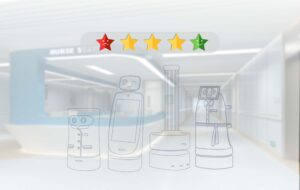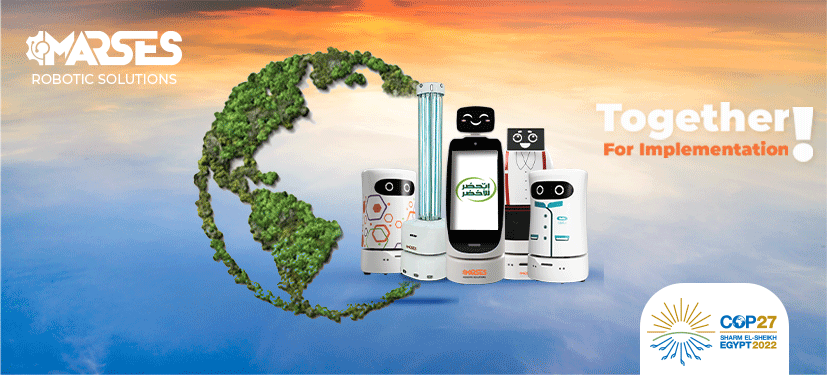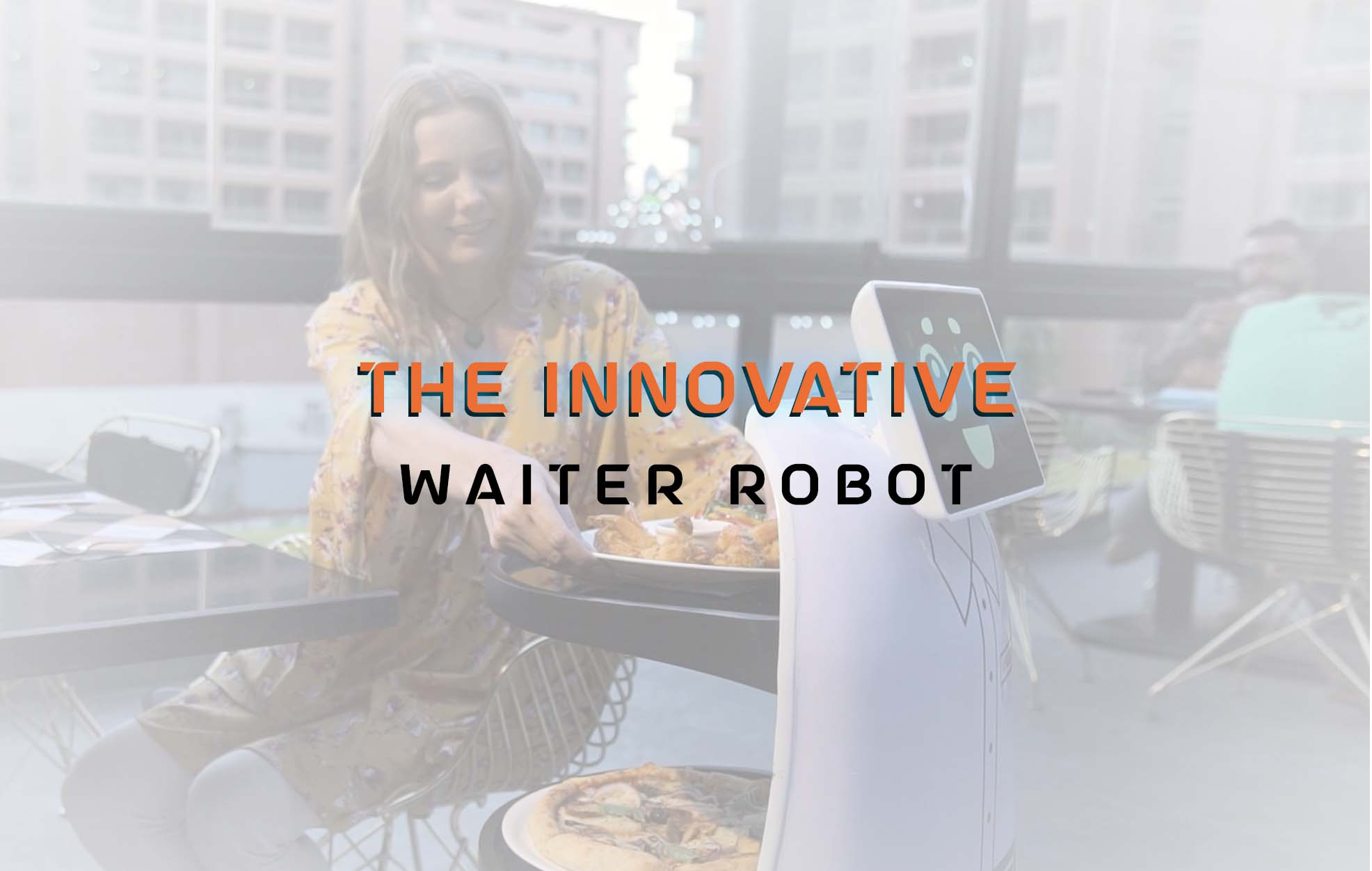Hospitality Robots – Hospitality Future
In recent years, hospitality robots have emerged as game-changer in the hospitality industry. They can take on various roles, from serving food and drinks to providing guest services, making them valuable assets for hotels, restaurants, and other hospitality businesses. According to research, the market size for service robots in the healthcare and hospitality sectors will grow by 942 million USD during 2024.
The Emergence of Hospitality Robots
As mentioned earlier, the hospitality industry has witnessed a significant shift in the use of AI in robotics. The use of robots can create various benefits for customers and industries, from enhancing customer experience to reducing labor shortages. The COVID-19 pandemic has further accelerated the trend, with businesses facing severe labor shortages and operational challenges. At MARSES Robotics, we understand the unique challenges that hospitality businesses face. That’s why we offer advanced robotics solutions so that businesses can overcome these challenges and enhance their customer service.
How Hospitality robots can Enhance Customer Experience?

One of the most significant advantages of Hospitality robots from MARSES Robotics is their ability to enhance customer experience. For instance, Duet can greet guests and guide them to their rooms, assist with check-in / out, and answer frequently asked questions in many languages, reducing wait times and improving the overall guest experience. Mozo is a smart waiter robot that provides personalized recommendations to guests, recommending food and drinks based on their preferences, and delivering them efficiently, freeing up time for staff to focus on more complex tasks. Watch Mozo in action: https://www.youtube.com/watch?v=Kj-Qx2KMocE
In addition, Sanitizing and disinfection robots like MDR-A provides a highly effective disinfection solution, using a super dry mist to disinfect areas with 360-degree coverage. This ensures that guests are staying in a clean and healthy environment, which can lead to improved guest satisfaction and positive reviews.
Similarly, the MDR-C robot offers a unique advantage for the hospitality industry, providing remote disinfection with short-wavelength ultraviolet light.
This technology can effectively disinfect surfaces, rooms, and air in a highly efficient manner.
Hospitality robots had many benefits including increased operational efficiency, improved guest satisfaction, and effective disinfection solutions. Incorporating these robots into hospitality operations can lead to a funny, safer, cleaner, and more enjoyable experience.
Addressing Labor Shortages
The hospitality industry has faced significant labor shortages in past years, with the COVID-19 pandemic further exacerbating the problem. Robots can address this challenge by automating tasks such as delivering food and drinks, sanitizing and disinfecting, and providing guest services. This can reduce labor costs and allow businesses to operate with lower staff while maintaining high levels of customer service. Additionally, robots are programmed to work around the clock, ensuring that guests receive prompt and efficient service all the time.
How Can Hospitality Robots Enhance Business Operations in the MENA Region?
Businesses in the MENA are looking for ways to enhance their customer experience and streamline their operations. Using robots offers a range of tasks, from greeting guests to delivering room service. However, integrating these robots into existing operations can be challenging, and businesses must carefully evaluate their ROI to ensure that the investment is worthwhile.
How can hospitality robots be integrated into existing operations in the MENA region?
Integrating hospitality robots into existing operations in the MENA region requires careful planning and consideration. Here are some of the key factors that businesses should consider:
- Identifying tasks that can be automated
The first step in integrating hospitality robots is to identify tasks that can be automated. This could include tasks such as greeting guests, delivering room service, or providing information about the hotel or the restaurants. By automating these tasks, businesses can free up staff to focus on other areas of the operation.
- Selecting the right robot for the job
Once businesses have identified the tasks that can be automated, they must select the right robot for the job, but no worries our team of experts at MARSES will help you choose the perfect one that fits your operation.
- Providing staff training
Finally, businesses must provide staff with training on how to use and interact with the robots. This will ensure that staff can work effectively alongside the robots and provide guests with a seamless experience.
FAQ:
- How can service robots be integrated into hotel operations to enhance customer experience and loyalty?
- How can hospitality robots help businesses to operate at peak performance when there are labor shortages?
- What types of tasks can hospitality robots perform?
- What are the benefits of using hospitality robots in the industry?
- How can hospitality robots be customized to meet the specific needs of hotels and restaurants, and what are the costs associated with customization?
Know more about MARSES Robotics: https://www.marses-robotics.com/about-services/





